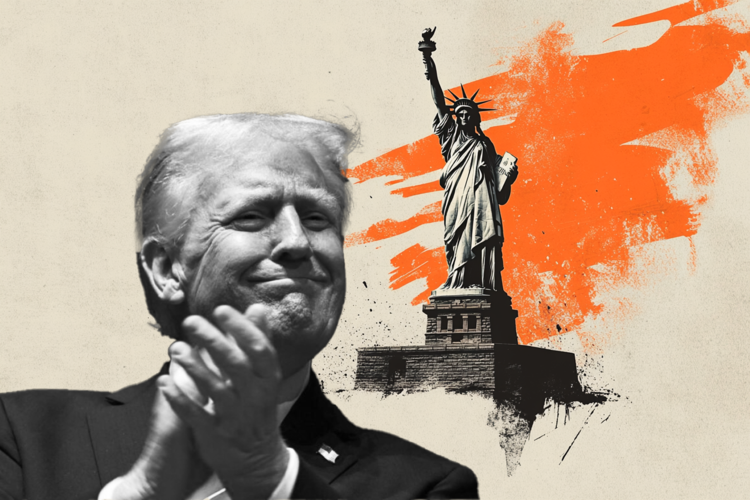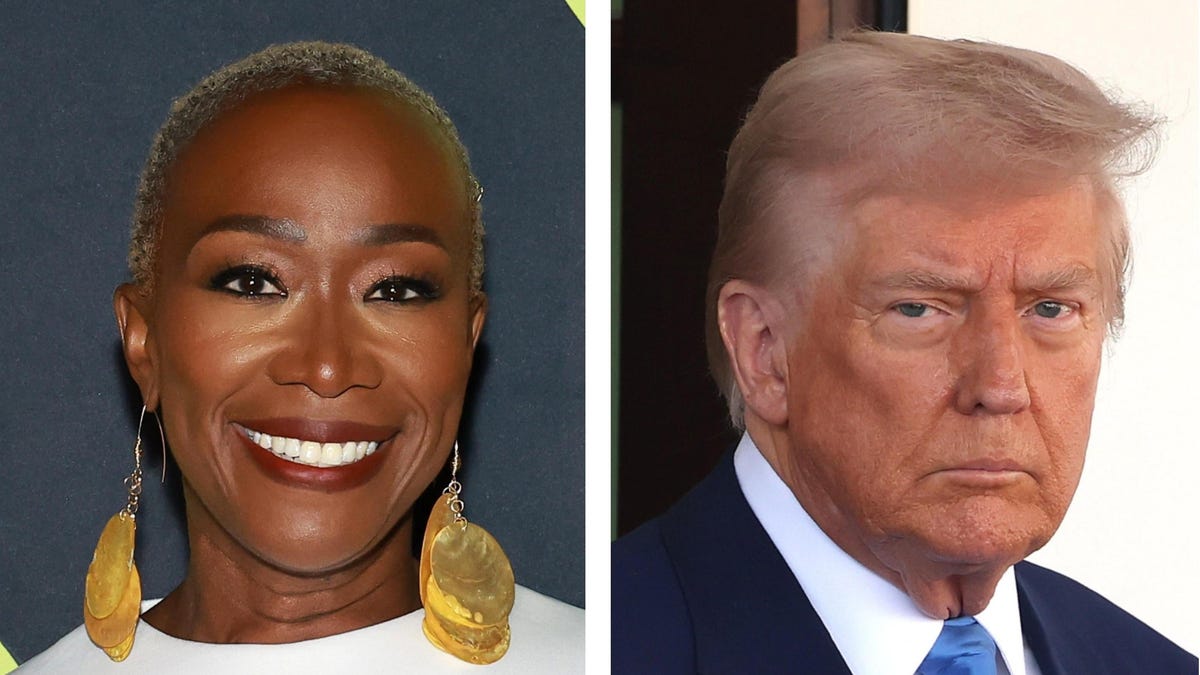Mayor Eric Adams and police officials took a swipe at a bill pushed by progressives that would abolish the NYPD’s gang database — saying Monday it’ll make it more difficult for cops to nab violent criminals and prevent shootings.
The mayor, during a press briefing at City Hall, said he didn’t buy left-wing critics’ arguments that the Criminal Group Database amounts to racial profiling since nearly all the gang members ID’d are black and Latino.
“There’s a number they leave out — 96% of the victims of shootings in the city are people of color. Let’s keep them in mind,” Adams said.
Many gang members “prey on innocent people in their community,” he noted, adding, “Some of them are extremely dangerous. Some of them are repeat offenders.”
“We can’t be so idealistic that we’re not realistic,” Adams, a retired transit police captain, said.
The mayor volunteered his comments during the opening of his press conference, just as the City Council’s Public Safety Committee wrapped up a hearing on the measure, which is championed by lefty lawmakers and advocates.
NYPD officials said 500 groups are identified as gangs, and that 25% of members in the database are convicted felons, 33% are on parole/probation, 45% have been arrested previously — and about one-third have been busted 20 or more times and one-third have been involved in shootings.
Queens Republican Councilwoman JoAnn Ariola called the bill straight out of “La La Land,” saying that she’s never met a constituent who asked for the gang database to be abolished — though they do want more police officers assigned to their neighborhoods.
“These people aren’t members of the community. They prey on the community,” Ariola said of gang members.
Bronx Democratic Councilwoman Althea Stevens, a sponsor of the bill, said, “I’m in La La land.”
“It seems like racial profiling,” Stevens said.
Opponents claimed the database stigmatizes minorities and leads to guilt by association and even false arrests. They also said it’s nearly impossible to be removed from the database.
“Abolishing the NYPD gang database is about creating safer communities where Black and Latino youth are not treated as guilty by association without evidence or due process,” said Anthony Posada, supervising attorney with the Legal Aid Society’s Community Justice Unit.
But police officials said there are strict protocols before putting an individual into the database, which includes solid evidence of gang association and approval from supervisors.
The NYPD said it has tightened up the rules for the database and has reduced the number of individuals in it.
Every three years, a determination is made on whether someone should be removed. For juveniles, there’s a review every two years, Michael Gerber, the NYPD’s deputy commissioner of legal affairs, testified.
A person can only remain in the database if he has been arrested for a violent crime, weapons possession, or a crime in furtherance of the criminal group; is on parole or probation; or in jail or prison.
In 2019, there were over 18,000 individuals in the database. That number has plummeted to
13,200 — a 27% drop. The number of juveniles in the database dropped from 440 to 160 — or 64%.
Individuals in the database are only known to the NYPD and not available to the public or any other agency, Gerber said.
“It does not appear in a person’s criminal history. The fact that someone is in the database is not shared with employers, schools, landlords, or civil immigration authorities. The fact that an individual is included in the database is not a ground for a stop or arrest and is not evidence in court. It is not a basis for charging decisions, bail determinations, or sentencing,” he said.
He said it would be a mistake to outlaw the database.
“In response to a gang-related shooting, deployments will be less precise; investigations will be slower; and the risk of unchecked, retaliatory violence will be higher,” Gerber said.
There are 25 Council members on the bill, which has been kicking around for years.
It does not appear to have the groundswell of support in the Council that the How Many Stops Act had.
Last year, the Council passed that bill — which requires officers to document even minority interactions with the public — over the objections of the mayor. The Council even overrode his veto.














